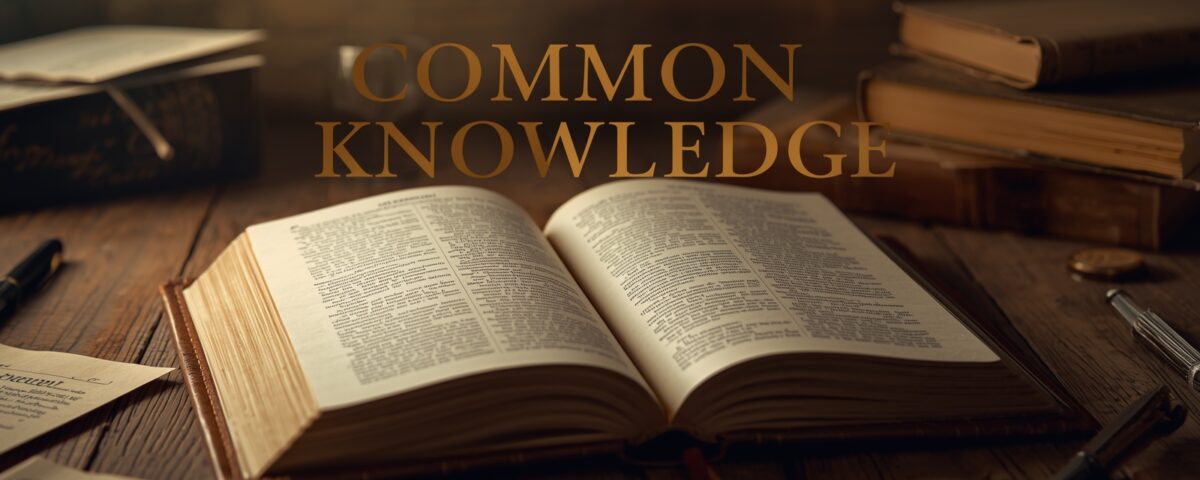
What is Love Anyway?
September 18, 2025
Level Up Your Sex Life
October 9, 2025I recently read a great book by Steven Pinker, “When Everyone Knows That Everyone Knows.” I recommend it. Naturally, I thought about how this information applies to relationship and what I can share here about this theory of communication that occurs between two people to advance the concept if being Hard Married.
First of all, what is “common knowledge?” Consider what it means to drive a car in the USA. As a driver, you know to drive on the right hand side of the road. You also know that the driver coming toward you at speed, also knows that they need to drive on the right hand side of the road. You also know that they know you know to do the same, and you know that that they know you know that they know that they need to do the same. When everybody knows that everybody knows, it’s common knowledge. The point is that in the USA, driving on the right hand side of the road is accepted as common knowledge.
I was thinking about my amazing relationship with my wife, and what amounts to common knowledge in our relationship. Let’s take a look. For example, I love her, and she knows that I love her. She also knows that I know that she knows that I love her. At the same time, she loves me and she knows I know she loves me. She also knows that I know that she knows that I know she love me. In other words, that we love each other is common knowledge.
This is distinct from “private knowledge” where I might know something different than my partner, and that I know that she does not know, in this context, when I say to her “I love you,” and I am sitting on some private knowledge, perhaps of my own infidelity, then she is operating with what she assumes is common knowledge and I am operating inauthentically. My words to her, “I love you” are a fraud. That private knowledge is a withhold, and in this case, my withholding information has no integrity. The breakdown of “common knowledge” in a relationship is an urgent call for a reset.
We like to say “communication is our kink” because any relationship that is going to last has to have CLEAN communication. We are also committed to having no space between us.
There is so much that we assume is “common knowledge” in a close relationship. When you look at breakdowns in a relationship, they commonly stem from expectations that are unspoken. There is an assumption that your partner will do “X” and then they fail to do so, then there is disappointment. I have spoken about how we tell ourselves stories, and how those stories are rooted in self-loathing formed when we are really young, or as I like to say, “An unhappy 3-year-old is running the show.” When we assume common knowledge, and build expectations on that assumption, there is the risk of space developing between you two. Telling yourself a story like, “Of course he didn’t take out the garbage, he never does anything around the house,” will create space that has to be addressed before it festers. In our home, we have a 24 hour rule; “Deal with it in 24 hours, or let it go.” Do not let expections go unspoken. Why? Because there is no agreement when the expectation has not been shared. What if I had an expectation that my partner is unwilling to execute? I would not know that if I did not share my expectation of her.
A MUCH smarter way to proceed is to create common knowledge by speaking out loud the expectations you have of each other. A solid relationship has lots of common knowledge points, for example, we have one that sounds like, “If you see something that needs to be done (clean the toilet, wash the dishes etc) then do it.”
Yesterday, I said this to Petra, “How does this land for you: You know that I love you, and you know that I know that you know that I love you, and you know that I know that you know that I know you know I love you.” She smiled broadly at me processing all the “you knows,'” and said “I really do know all of that, and I love you!”
If you read Hard Married, there is a line in the book that says something to the effect of “we both assume each others good intentions.” This assumption is rooted in the fact that for us, common knowledge is that we love each other.



